Filmové festivaly 1949 (1949)
Género : Documental
Tiempo de ejecución : 0M
Director : Přemysl Freiman
Sinopsis
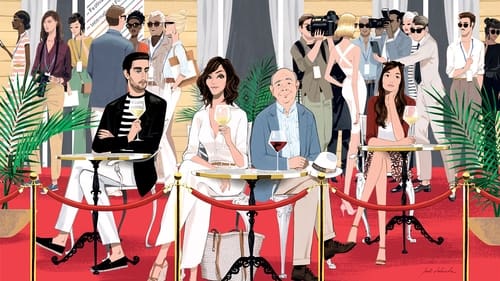
La historia de un matrimonio estadounidense que acude al Festival de Cine de San Sebastián. Se dejan atrapar por la magia del festival, la belleza y el encanto de España y la fantasía del cine. Ella tiene un romance con un brillante director de cine francés, y él se enamora de una bella doctora española.
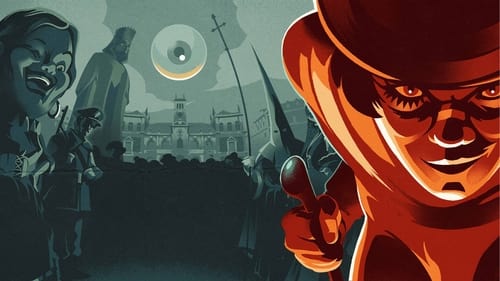
España, años setenta. «La naranja mecánica», una película considerada por la crítica y el público como una de las mejores obras que ha dado la historia del cine, dirigida por Stanley Kubrick y estrenada en 1971, fue prohibida por el estricto gobierno franquista. Sin embargo, la película se estrenó al fin, y sin pasar por la censura, durante la vigésima edición de la Seminci, el Festival de Cine de Valladolid, el 24 de abril de 1975. ¿Cómo fue esto posible?
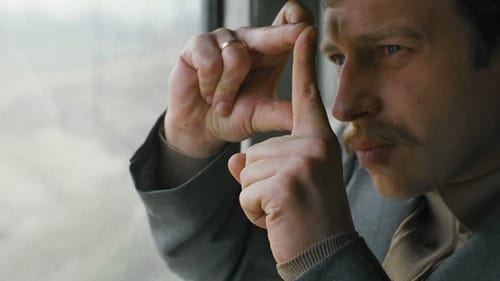
Filip Mosz es un obrero que descubre gracias a una súper 8 los poderes de las grabaciones cinematográficas. Destinada a grabar los primeros pasos de su bebé, la cámara se convierte en herramienta de exploración y análisis del mundo: fábricas, obreros, ciudades, poblaciones, recuerdos, relaciones de poder y trabajo A medida que Filip encuentra nuevos temas, el mundo cambia. Esta actividad lo aleja de su mujer, empeora su relación con su jefe y provoca rupturas y malentendidos. Tanto su vida privada como su vida social se vuelven inestables como si el cine influyera en la realidad.
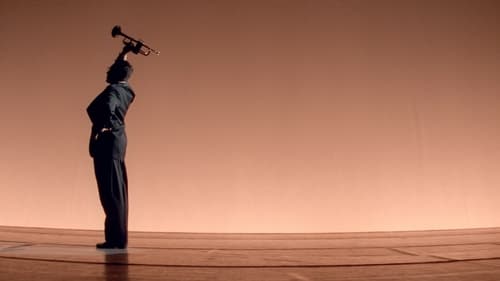
Una mala película de terror, proyectada en el Festival de Cannes, se convierte en un éxito de ventas gracias a que todos los proyeccionistas encargados de pasar la película son asesinados.

Told through the eyes of an Australian news reporter, Eammon Ashton-Atkinson, who moved to the UK to escape depression, the documentary, follows 3 characters on their journey to overcome their struggles as the club competes against 60 other gay clubs in the Bingham Cup in Amsterdam – the World Cup of gay rugby.

A Chinese Superstar attends the Berlin Film Festival. Soon she finds out that sometimes reality can be far more frightening than any Hollywood script.

Delightfully comic exploration of the emotional and social geography of an art-house film director.

Walt Disney said “We have created characters and animated them in the dimension of depth, revealing through them to our perturbed world that the things we have in common far outnumber and outweigh those that divide us.” Outside of Walt himself there are few people who have brought together and united more animators in the history of the genre than Craig "Spike" Decker and Mike Gribble, known to all as Spike & Mike. They created an animation festival that helped launch the careers of John Lasseter, Peter Lord, Will Vinton, Bill Plympton and Mike Judge to name just a few. Their Spike & Mike festival had an enormous impact on animation that was felt the world over. The festival was known as much for the breakthrough animation it presented as the outrageous antics of the founders.

Durante un viaje de negocios al Festival de Cannes la joven Manhee (Kim Min-hee), asistente de ventas de una distribuidora, es despedida por su jefa acusada de ser deshonesta, pero en el fondo por una cuestión de celos. Por suerte, conocerá allí a una profesora llamada Claire (Isabelle Huppert), que hace fotos con su cámara Polaroid. Cada una de ellas tiene una peculiar visión de la vida, y juntas lograrán entender sus mundos.
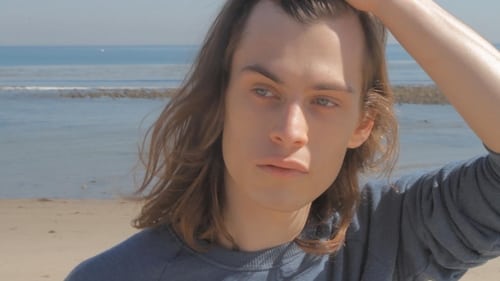
Evan, an orphaned 22-year-old who grew up in the foster care system, buys a vintage 8mm camera in a yard sale from an elderly man, ends up with reels of the man's old home movies, and begins to live vicariously through these home movies.
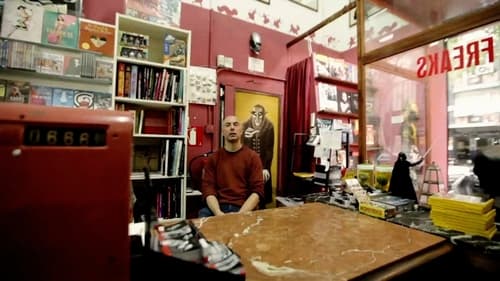
Un viaje de años a través de muchos países y festivales de cine; una inmersión nostálgica, adrenalínica y rockera en el universo de la cinefilia, en busca de especialistas del género, aficionados y cineastas que hablan de su pasión compartida por el cine fantástico; toda una comunidad espiritual internacional unida bajo la sombra catártica del horror.

A filmmaker takes revenge on a festival that has rejected her year after year. But her revenge will not be bitter, cruel or violent. Instead she will use emotional manipulation to prove a point.
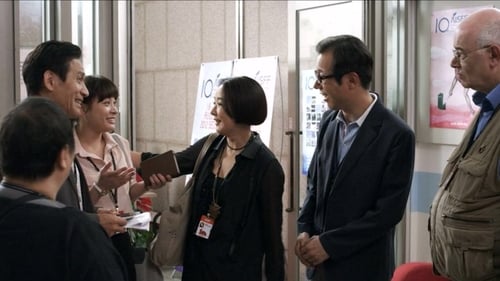
After the film screening, five people hold a meeting. Director Jeong asserts that a film should move the heart. Actress Soo-yeon emphasizes on the message of the film, Film critic Tony just discusses about the current trend of Korean cinema. Tomiyama cannot fully express her thoughts because of the language barrier. And, the head of jury, Sung-ki can’t control the situation. Will this jury reach an agreement against all odds? A satire for those who make, watch, and criticize films is about to begin.

Two strangers meet at a party and embark on their own little adventure in the city, only to realize they know each other more than they know themselves as individuals.

Going into my interview with Laurel Greenfield, I thought the majority of our conversation would be about her inspiration for painting food and why she chose to pursue painting as a career. We spoke about that but ended up having a much bigger conversation about pursuing a creative career. We talked a lot about finding the balance between having a business plan and taking a leap of faith into the unknown, something anyone pursuing a creative field on their own can relate to.

Seis ancianas jubiladas, dos de Buenos Aires, Argentina; dos de Montevideo, Uruguay; y dos de Madrid, España, tienen algo en común, a pesar de sus diferentes intereses y vidas: van al cine casi todos los días.

A short documentary about the rapidly disappearing era of heritage movie palaces and the film going experience once offered within those hallowed walls.

As Alex struggles with disturbing hallucinations, his wife Vera tries to help, until they both experience their own profound revelations.

The international film festival Arsenāls has been a fixture on the Riga scene for the last 20 years. It has introduced new film aesthetic and was one of the only creatively free events during Soviet times. Over the years the festival has influenced culture and society in Eastern Europe, continually dazzling us with its creativity. The film is a portrait of the director, the father of Arsenals and trusty knight of surrealism.

















